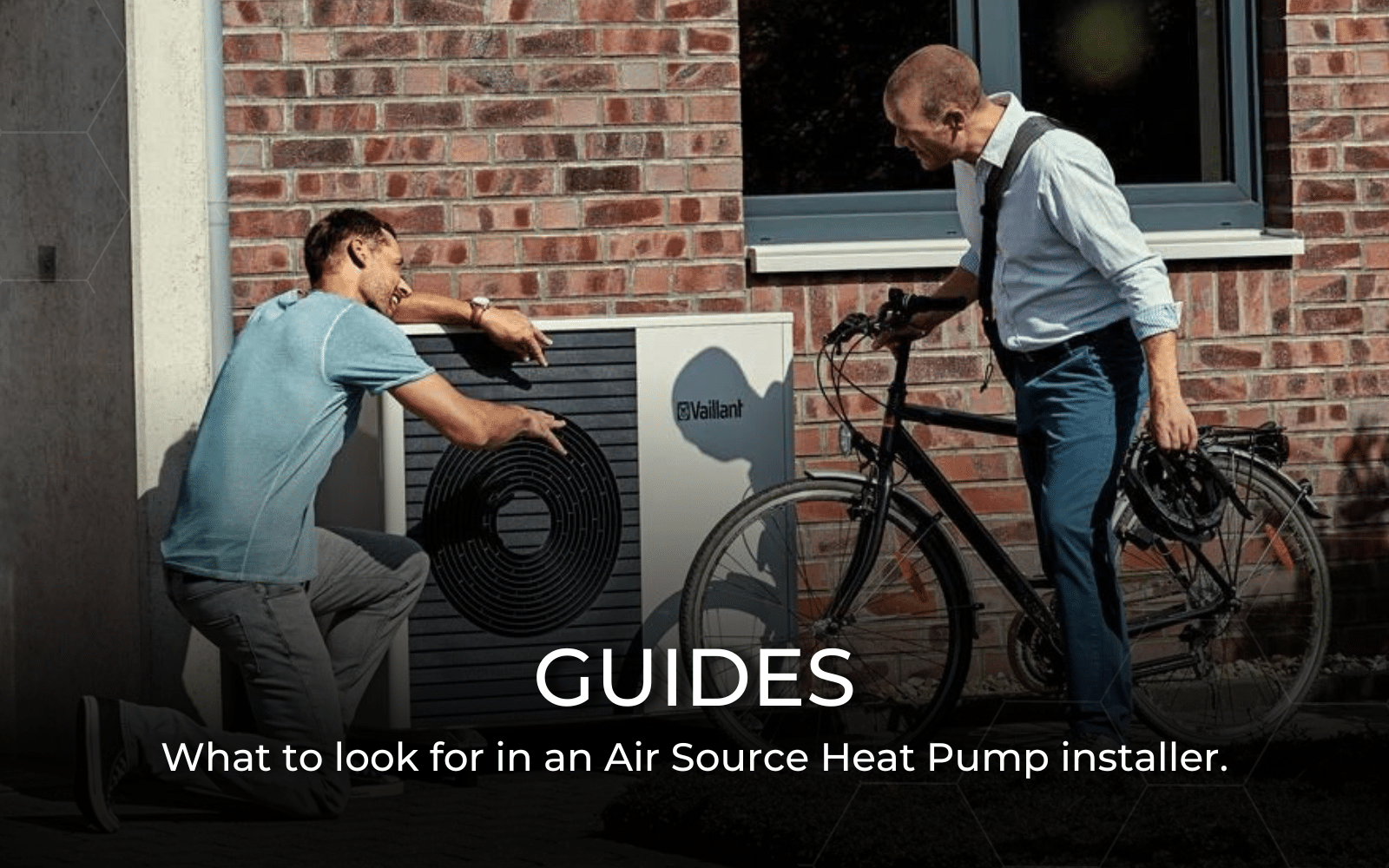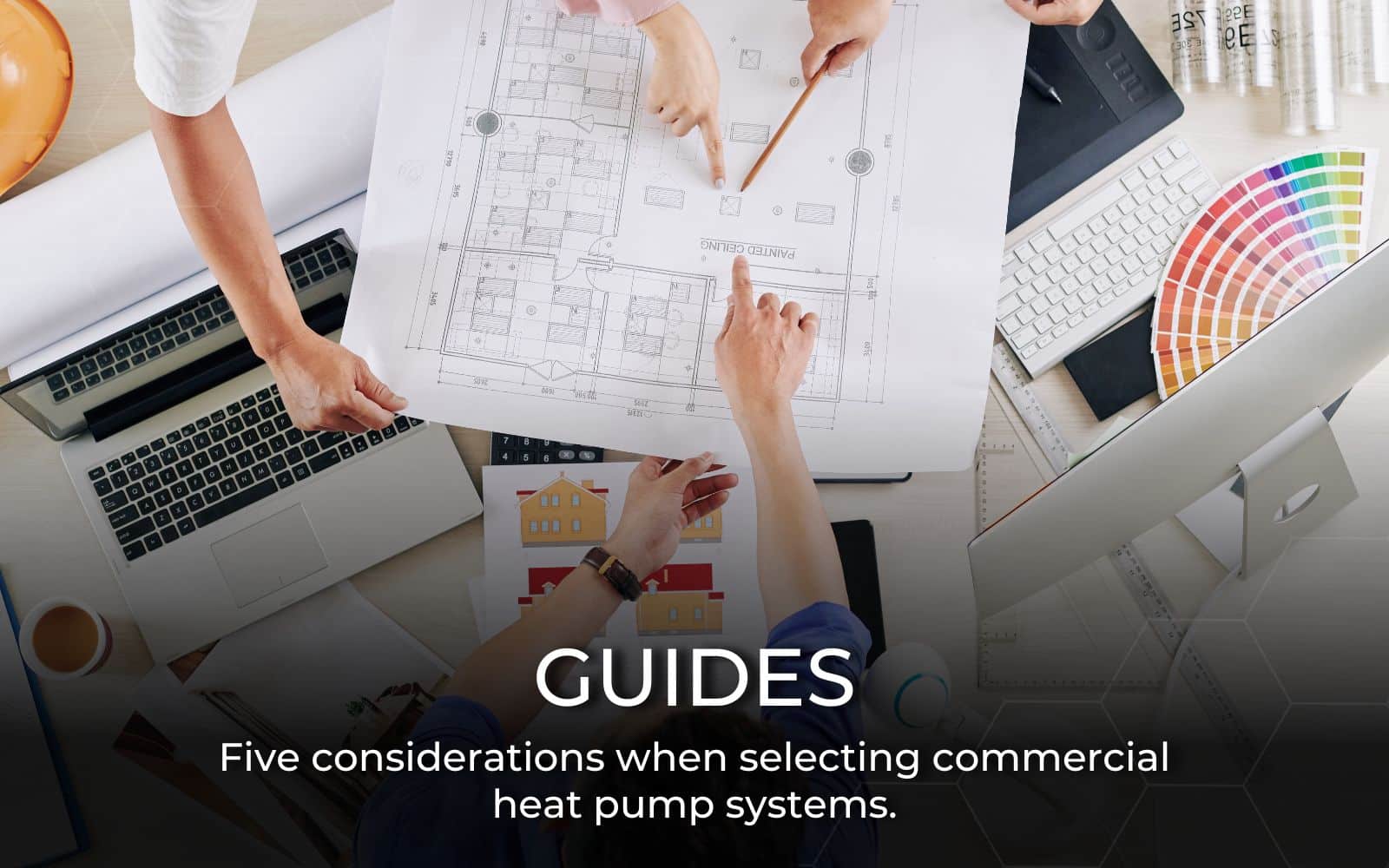In the quest for sustainable energy solutions, heat pumps have emerged as a leading contender, boasting efficiencies that seemingly defy the laws of thermodynamics.
While the notion of a device being more than 100% efficient may sound like a scientific paradox, understanding the principles behind heat pumps reveals the ingenious mechanisms at play.
Unravelling the Concept of Efficiency.
Traditionally, efficiency is understood as the ratio of useful output to total input, typically expressed as a percentage. However, in the case of heat pumps, the concept takes on a new dimension.
Heat pumps don’t create heat; instead, they transfer heat from one place to another using a small amount of energy as input. This means their efficiency can surpass 100% when considering the ratio of useful heat output to the energy input required to facilitate the transfer.
BOOK YOUR FREE SITE SURVEY!
The Magic of Thermodynamics.
To comprehend how heat pumps achieve over 100% efficiency, we delve into the realm of thermodynamics. At its core, a heat pump operates on the principles of heat transfer, leveraging differences in temperature to move heat from a lower temperature reservoir to a higher temperature one.
The Refrigeration Cycle: A Symphony of Processes.
Central to the operation of heat pumps is the refrigeration cycle, a meticulously orchestrated sequence of processes that harness the properties of refrigerants to facilitate heat transfer. The cycle comprises four main stages: compression, condensation, expansion, and evaporation.
Compression: The process begins with the compression of a low-pressure, low-temperature refrigerant vapor. This compression elevates both the pressure and temperature of the refrigerant, making it conducive to releasing heat.
Condensation: The now pressurised refrigerant, still in vapor form, releases its heat as it flows through the condenser coil. This heat transfer causes the refrigerant to condense into a liquid state while releasing thermal energy into the surrounding environment.
Expansion: The high-pressure liquid refrigerant then passes through an expansion valve or capillary tube, where it undergoes a rapid reduction in pressure. This sudden expansion causes a corresponding drop in temperature, leading to the refrigerant becoming a low-pressure, low-temperature liquid-vapour mixture.
Evaporation: In the evaporator coil, the low-pressure refrigerant absorbs heat from the surrounding air or water, causing it to evaporate into a low-pressure vapour once again. This absorbed heat is then transferred to the desired space, effectively warming it.

The Role of Renewable Energy.
The remarkable efficiency of heat pumps is further amplified when coupled with renewable energy sources such as solar or wind power. By harnessing clean energy to power the operation of heat pumps, the overall environmental footprint is significantly reduced, making them a sustainable heating solution for the future.
How Heat Pumps Work Below 0⁰c.
When its 0⁰C or below outside, the air does have heat energy in it. 0⁰C is simply the freezing point of water. There’s still plenty of heat in the air. The real 0 degrees is known as absolute 0. Which is -273⁰C. So, unless you’re living down at those temperatures (good luck), there’s probably a heat pump somewhere for you.
Typical heat pumps are designed to work down to -20°C. And can get your property up to temperature with no problems at all provided it’s designed correctly and still maintains a good efficiency.
If you hear issues of people struggling to heat properties with heat pumps when it’s this cold, that’s simply because the lower outside temperatures show up any design, installation, and commissioning flaws.
If your COP dips down to say 2.8 when it’s -1°C outside, that’s still 280% efficient with your electricity. A modern condensing gas boiler may only be 88% efficient in that scenario. Yes heat pumps are not as efficient in the depths of winter but they are still over 3 times more efficient than a boiler.
Conclusion: Efficiency Redefined.
In conclusion, the seemingly paradoxical notion of how heat pumps achieve over 100% efficiency finds its explanation in the fundamental principles of thermodynamics. By leveraging the inherent properties of refrigerants and harnessing renewable energy sources, heat pumps offer a highly efficient and environmentally friendly alternative to traditional heating systems.
As we continue to innovate and refine our approach to energy usage, heat pumps stand as a beacon of hope in our pursuit of a greener, more sustainable future.
If you want to take advantage of renewable heating, just contact the friendly team at Heat From Air and we will handle everything for you. Follow our journey on LinkedIn and Instagram too for handy tips and tricks.
Get in touch to receive your FREE site survey!
Article Content
WANT TO SAVE £7,500?
Recent Articles:
Newsletter Sign Up
Keep up to date with latest news and industry insights.





